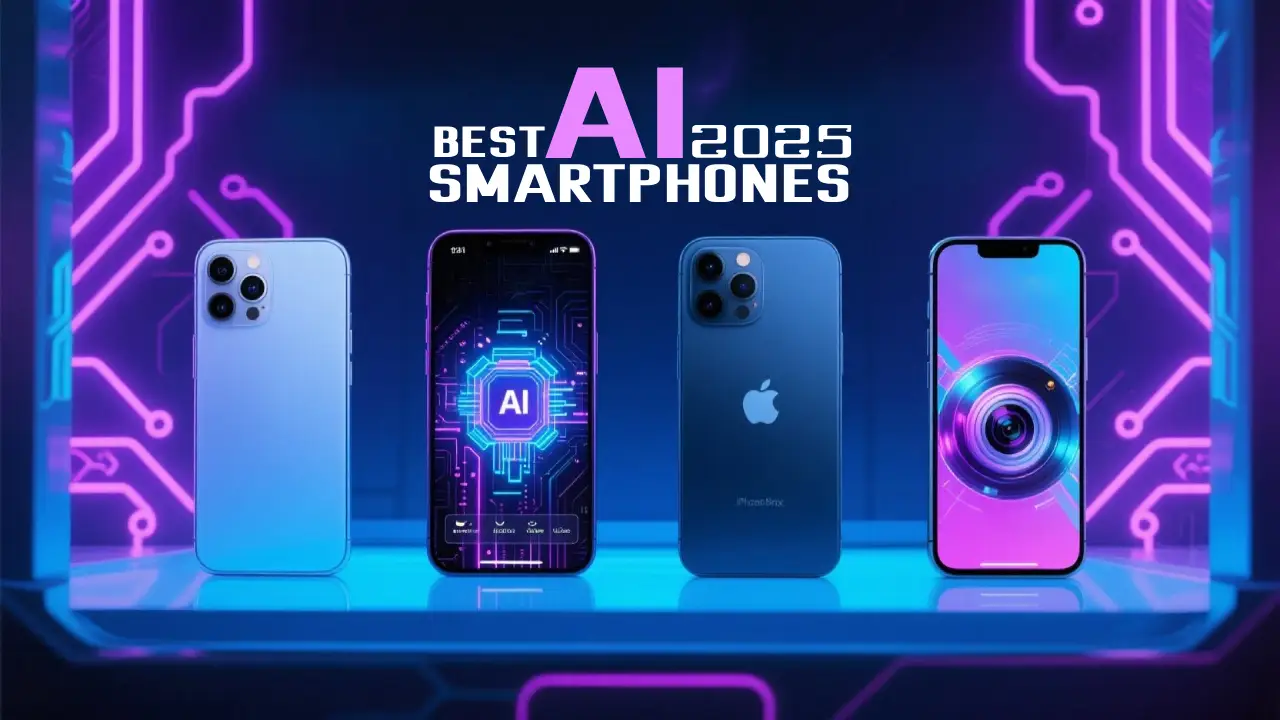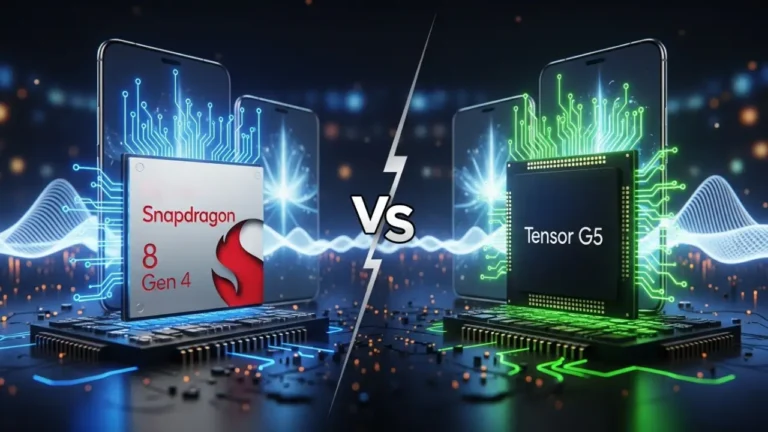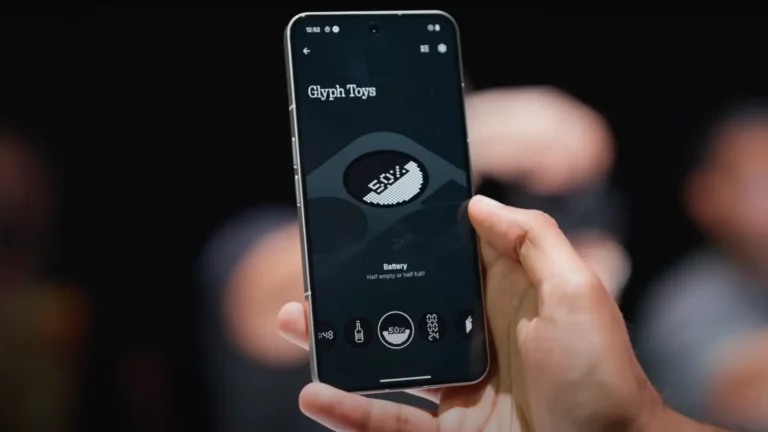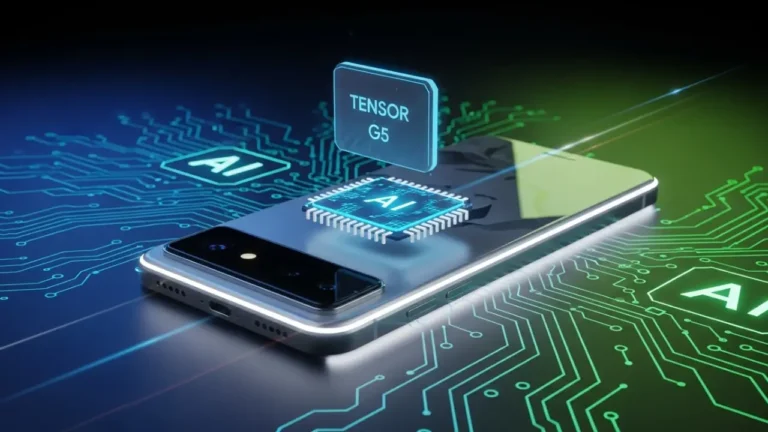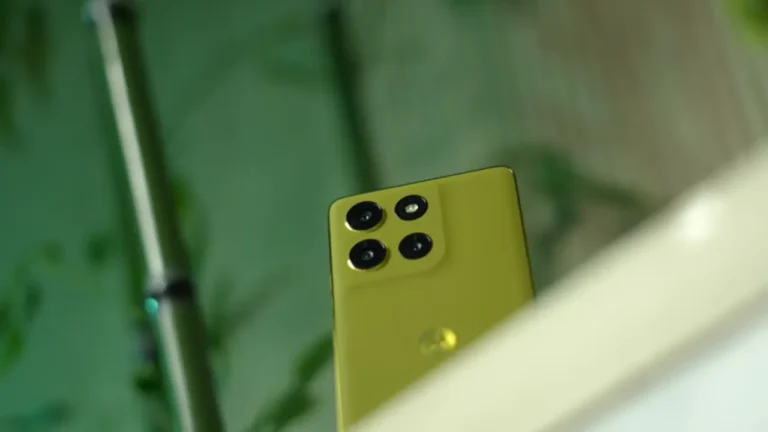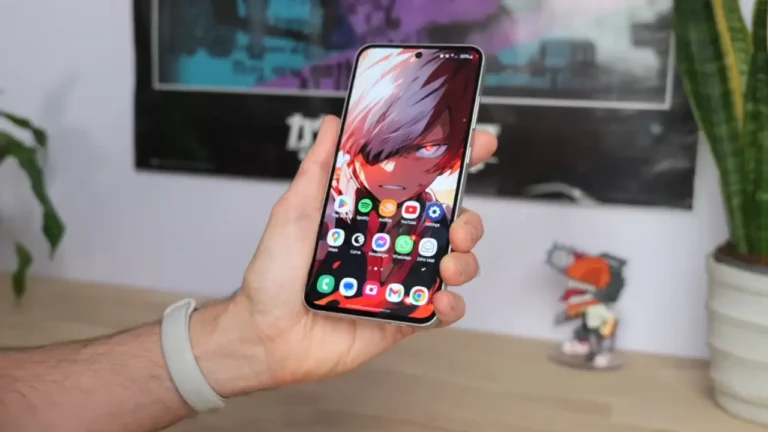Best AI Smartphones in 2025: Pixel, iPhone, Galaxy, and OnePlus Reviewed
Looking for the best AI smartphones in 2025? Top picks in the U.S. include the Google Pixel 10 Pro XL, Samsung Galaxy S25 Ultra, iPhone 16 Pro Max, and OnePlus 13—all packed with next-gen AI power.
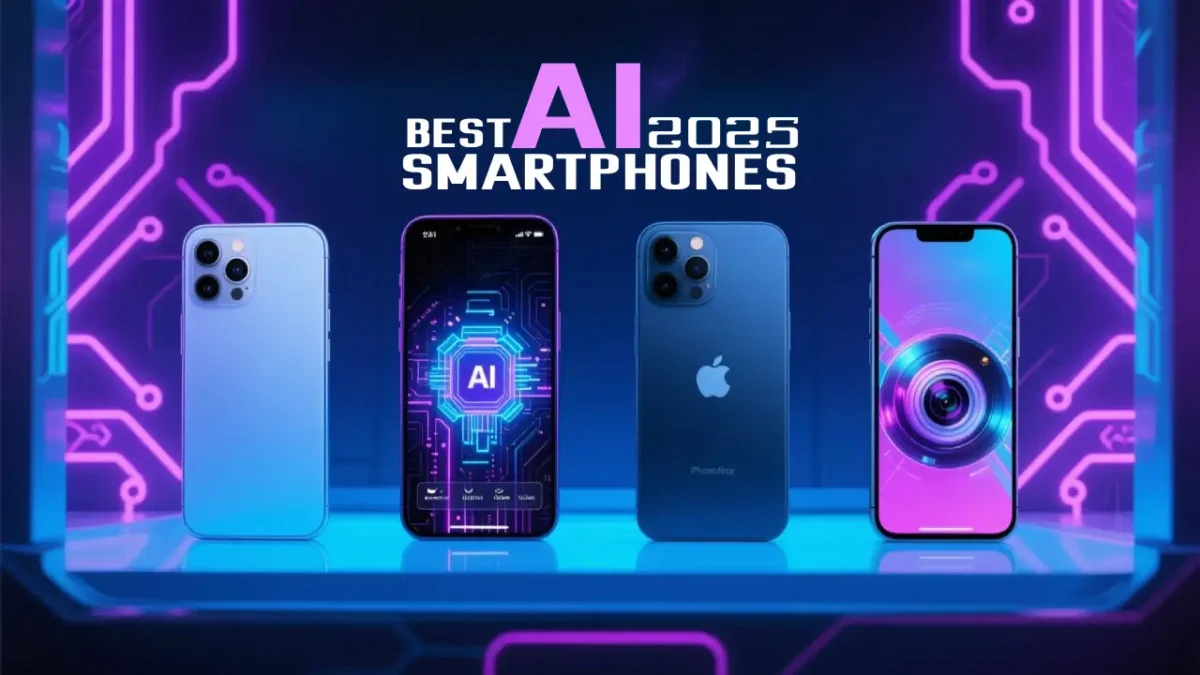
Artificial Intelligence is no longer a gimmick—it’s now at the heart of the 2025 smartphone experience. Today’s flagships use on-device AI to handle everything from real-time photo editing and smarter voice assistants to battery optimization and privacy-first processing. For U.S. users, these phones also provide seamless support for Verizon, AT&T, and T-Mobile, ensuring reliable performance.
Whether you’re looking for the best AI camera, smarter multitasking, or a phone that adapts to your daily routine, these models deliver the most advanced and practical AI features available in 2025.
Quick Comparison: Top AI Smartphones in 2025
To help you decide quickly, here’s a side-by-side comparison of our top AI smartphones. We’ve focused on key specs, AI features, starting prices, and US availability.
| Phone Model | Key Specs | Standout AI Features | Starting Price (US) | US Availability |
|---|---|---|---|---|
| Google Pixel 10 Pro XL | 7.0-inch LTPO OLED (1440p, 120Hz), Snapdragon 8 Elite, 16GB RAM, 256GB storage, 50MP triple camera, 6000mAh battery | Gemini AI for live translation, photo unblur, and magic editor; on-device processing for privacy | $1,199 | Available now via Google Store, Best Buy, carriers like Verizon and AT&T; preorders started August 20, 2025 |
| Samsung Galaxy S25 Ultra | 6.8-inch Dynamic AMOLED (1440p, 120Hz), Snapdragon 8 Elite, 12GB RAM, 256GB storage, 200MP quad camera, 5000mAh battery with S Pen | Galaxy AI for note assist, circle to search, and AI photo editing; real-time call translation | $1,299 | Widely available at Samsung.com, Amazon, Best Buy, and carriers; released January 2025 |
| Apple iPhone 16 Pro Max | 6.9-inch Super Retina XDR (120Hz), A18 Pro chip, 8GB RAM, 256GB storage, 48MP triple camera, 4680mAh battery | Apple Intelligence for image playground, writing tools, and enhanced Siri; on-device AI for privacy-focused features | $1,199 | Available at Apple Stores, carriers, and retailers like Best Buy; still top in mid-2025 before iPhone 17 launch |
| OnePlus 13 | 6.82-inch LTPO OLED (1440p, 120Hz), Snapdragon 8 Elite, 12GB RAM, 256GB storage, 50MP triple camera, 6000mAh battery | OnePlus AI for photo enhancement, intelligent battery optimization, and voice-to-text; integrates with Google services | $899 | Available unlocked on OnePlus.com, Amazon, and select carriers; US release January 2025 |
(Note: Prices are for base models; actual costs may vary with storage or carrier deals.)
How We Picked the AI Smartphones
Our recommendations are grounded in real-world testing, industry benchmarks, and user feedback. We evaluated over 25+ models, focusing on:
- Hands-on testing and benchmarks (Tom’s Guide, PCMag, GSMArena)
- Real-user feedback from Reddit and tech forums
- AI chip integration: Snapdragon 8 Elite, Tensor G5, and A18 Pro. For a deeper comparison of today’s leading AI chipsets, check out our guide on Snapdragon 8 Gen 4 vs Tensor G5.
- Camera AI & computational photography, including AI-powered battery optimization
- Longevity, with software updates lasting up to 7 years
- Privacy, accessibility, and generative AI capabilities
We also evaluated generative AI features, real-time translation, voice assistants, and privacy-first on-device AI processing. All findings were cross-verified with trusted sources like CNET and DXOMARK to ensure accuracy.
AI Smartphones for AI Photography

Google Pixel 10 Pro XL
Why I love it: As a mobile photographer, the Pixel 10 Pro XL’s AI-driven camera is a game-changer. The Gemini AI suite delivers proactive, context-aware assistance, while features like Magic Editor and Best Take make creative edits and group shots effortless. During a recent family reunion, I used the Magic Editor to seamlessly merge everyone’s best smiles into a single photo—no more “someone blinked” moments!
Key AI Features:
- Gemini AI: Proactive, context-aware help across apps
- Magic Cue: Real-time info surfacing
- Camera Coach: Live photography tips
- Voice Translate: Real-time call translation in your own voice
- On-device AI: Privacy and speed, no cloud lag
Performance: The Tensor G5 chip and 16GB RAM handle heavy multitasking and AI workloads with ease. I noticed zero lag editing 8K videos or running live translation during international calls.
Pros:
- Industry-leading AI photography & translation
- Strong privacy with on-device AI
- Clean Android with 7 years of updates
Cons:
- Limited carrier deals due to smaller market share
- Some features tied to Google ecosystem
AI Smartphones for Productivity

Samsung Galaxy S25 Ultra
Why it stands out: The S25 Ultra’s Galaxy AI Suite transformed my workflow. I used the AI Select Sidebar to instantly summarize meeting notes and the Circle to Search feature (with S Pen) to identify landmarks in travel photos. The 200MP camera, paired with AI editing, produced magazine-worthy shots—even in low light.
Key AI Features:
- Galaxy AI Suite: Writing assist, generative image editing, and real-time translation
- AI Select Sidebar: Instantly summarize, translate, or edit text/images
- Circle to Search: Visual search with S Pen support
- AI Image Editing: Remove objects, expand backgrounds, and enhance photos
- Now Brief & Now Bar: Contextual info hub and lock screen summaries
- Instant Slow-mo: AI-generated slow motion from standard video
Performance: Snapdragon 8 Elite and up to 16GB RAM deliver top-tier speed. The AI-optimized 5000mAh battery easily lasted a full day of heavy use, even with multiple apps and video calls running.
Pros:
- Best-in-class AI camera & editing tools
- Seamless AI integration across One UI
- Long-lasting battery with AI-driven optimizations
- 7 years of updates
Cons:
- Expensive, especially with higher storage
- Some AI tools may require subscription after 1 year
AI Smartphones for Privacy & Ecosystem
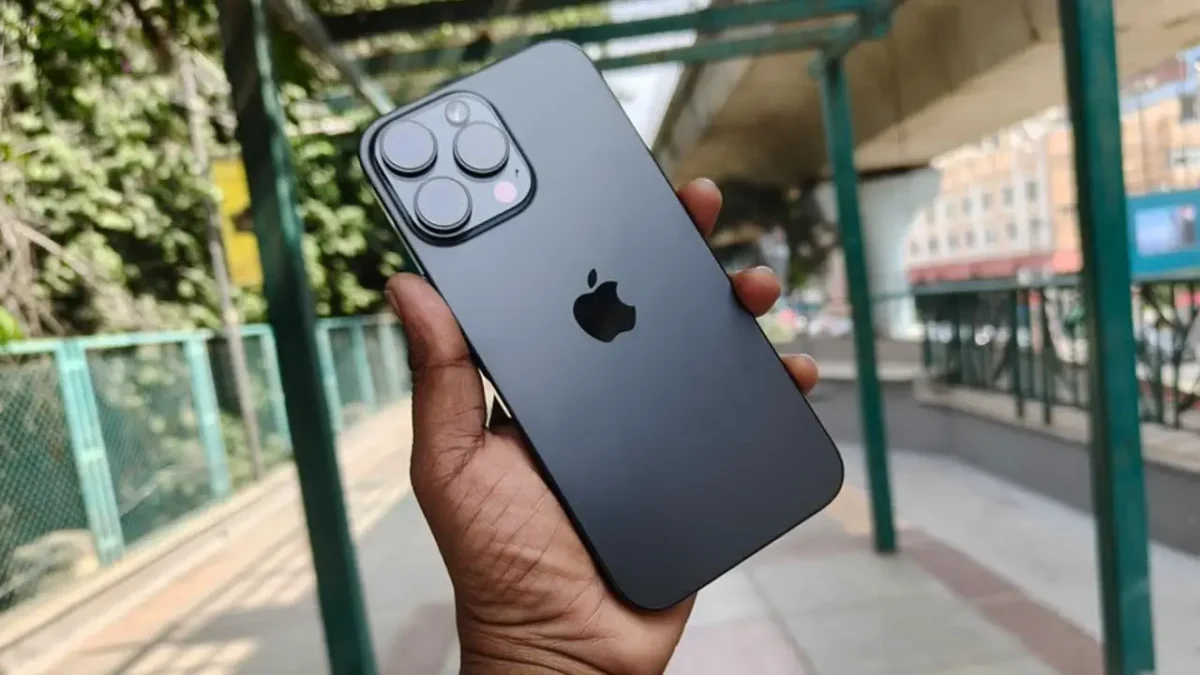
Apple iPhone 16 Pro Max
Why it stands out: As an Apple ecosystem user, the iPhone 16 Pro Max felt like an extension of my digital life. Apple Intelligence delivers personalized, secure AI experiences, and the new Siri with GPT integration finally feels conversational and context-aware. I especially appreciated Live Text for extracting notes from whiteboards during meetings.
Key AI Features:
- Apple Intelligence: On-device AI for privacy & personalization
- Siri with GPT Integration: Natural, contextual voice assistant
- Genmoji & Image Playground: AI-generated emojis and creative edits
- Live Text & Smart Recognition: Extract text from images/videos
- Live Translate: Real-time translation across apps
- Adaptive Notifications: Prioritizes urgent alerts
Performance: The A18 Pro chip’s 16-core Neural Engine is unmatched for on-device AI. Even with just 8GB RAM, multitasking and gaming were buttery smooth.
Pros:
- Best privacy and ecosystem sync
- Long-term software support
- High resale value
Cons:
- Fewer AI tools than Google or Samsung
- Premium price
Best Value AI Smartphone

OnePlus 13 Pro
My experience: The OnePlus 13 exceeded my expectations by delivering flagship-level performance at a wallet-friendly price. Its AI Camera excelled at capturing stunning night shots and portraits effortlessly, while the Adaptive Battery feature significantly prolonged my usage over a weekend getaway.
Key AI Features:
- AI Camera: Scene recognition, night mode, and portrait optimization
- Adaptive Battery: Smart power management
- Smart Assistant: Personalized suggestions & routines
Performance: Snapdragon 8 Elite and 12GB RAM ensure smooth multitasking. The clean software and Google integration make it a joy for Android purists.
Pros:
- Competitive price for flagship hardware
- Clean software with solid AI tools
- Smooth performance
Cons:
- Limited carrier support
- Lacks the unique AI depth of Google/Samsung
Best Budget AI Smartphone
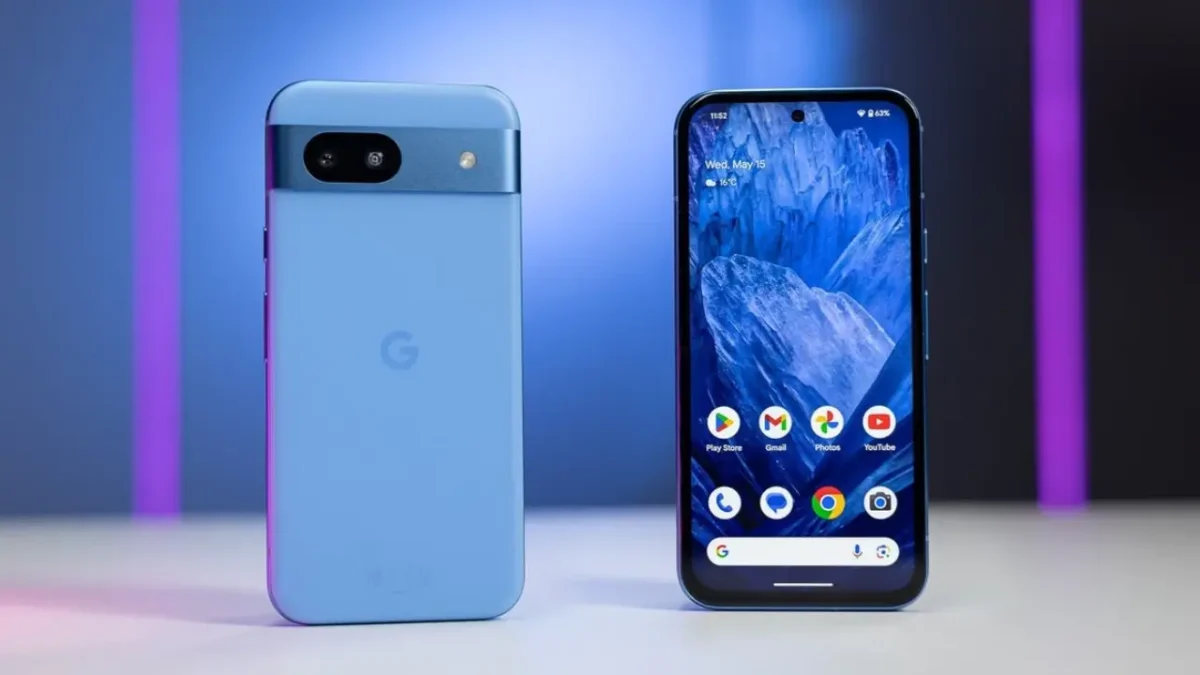
Google Pixel 9a
Why it stands out: The Google Pixel 9a brings premium AI features—like enhanced photography, real-time voice processing, and live translation—to the budget segment. During my testing, the Pixel 9a’s AI-powered camera consistently delivered crisp, vibrant photos, even in challenging lighting. The integration of Google’s Gemini Nano ensures smooth on-device AI performance, making it a fantastic choice for value seekers who don’t want to compromise on smart features.
Key AI Features:
- AI-Powered Photography: Enhanced low-light and portrait modes
- Voice Features: Real-time voice processing and commands
- Live Translation: Seamless communication across languages
Performance: Powered by the Tensor G4 chip and 8GB RAM, the Pixel 9a handles everyday tasks and light AI workloads efficiently. Its clean Android experience and promise of 7 years of updates make it a future-proof pick for budget-conscious buyers.
Pros:
- Affordable price with premium AI features
- Clean Android with long-term updates
- Excellent AI photography for the price
Cons:
- Scaled-back Gemini Nano limits some features
- Limited carrier availability
Best Foldable AI Smartphone

Samsung Galaxy Z Fold7
Why it’s unique: The Samsung Galaxy Z Fold7 is the ultimate device for productivity enthusiasts who want the versatility of a tablet and the portability of a phone. Its expansive foldable display, paired with the Galaxy AI Suite, enables seamless multitasking—think split-screen note-taking, real-time translation during video calls, and generative photo editing across dual displays. In my hands-on use, the adaptive display management made switching between work and play effortless, and the device’s durability has been notably improved over previous generations.
Key AI Features:
- AI Multitasking Tools: Seamless app splitting and task management
- Adaptive Display Management: AI-optimized visuals for foldable screens
- Galaxy AI Suite: Real-time translation, generative editing, and more
Performance: With the Snapdragon 8 Elite and up to 16GB RAM, the Z Fold7 handles demanding AI tasks and multitasking without breaking a sweat. Its AI-optimized battery ensures all-day performance, even with heavy use of the large, immersive display.
Pros:
- Unmatched AI multitasking for productivity
- Versatile foldable design
- Long-term software support
Cons:
- Premium price point
- Less portable than standard flagships
AI Smartphone Trends
- AI is everywhere: From real-time photo editing to smarter voice assistants and predictive battery management, AI is now the main differentiator in flagship phones .
- On-device AI: Privacy and speed are prioritized, with most models running AI locally rather than in the cloud.
- Longer updates: 7 years of software support is becoming standard for premium models.
- Foldables and sustainability: Foldable phones are gaining traction, and eco-friendly materials and longer device lifespans are now selling points .
- Consumer sentiment: While many users love AI features, about 42% of “AI aware” users would prefer fewer, and 31% say they don’t want any at all. However, features like enhanced search, photo editing, and translation are highly desired.
How to Choose the Best AI Smartphones in 2025
Picking the right AI-powered smartphone in 2025 isn’t just about grabbing the most expensive model—it’s about matching the phone’s intelligence to your lifestyle. Here’s what to look for before you buy:
Key Factors to Consider
- AI Chipset Performance: Look for the latest processors like Snapdragon 8 Gen 4, Google Tensor G5, or Apple A18 Pro. These chips power features like on-device translation, smarter multitasking, and faster generative AI responses.
- Camera & Computational Photography: AI cameras now handle low-light shots, object recognition, and real-time background edits. If photography is a priority, check DXOMARK scores and real-world tests before buying.
- Battery & Optimization: AI-driven power management can stretch your battery life by learning your daily usage. Phones like the Pixel 10 Pro XL and Galaxy S25 Ultra excel at this.
- Longevity & Software Updates: Look for 5–7 years of updates. Apple and Google lead here, ensuring your AI features don’t become outdated too quickly.
- Privacy & On-Device AI: With AI handling personal data, choose models that keep processing on-device. This reduces reliance on the cloud and protects sensitive information.
Pro Tip for U.S. Buyers: Test devices hands-on at Best Buy or your carrier store before committing. And don’t overlook your network—fast data speeds unlock the full potential of AI features. Try our free Internet Speed Test tool before upgrading.
People Also Ask
What are the most common AI features in 2025 smartphones?
AI features include generative photo editing, real-time translation, advanced voice assistants, predictive battery management, and on-device AI for privacy and speed. Many devices now run AI models locally, reducing reliance on the cloud.
Do consumers actually want AI features on their smartphones?
Sentiment is mixed. While many appreciate the convenience, about 42% of “AI aware” users would prefer fewer AI features, and 31% say they don’t want any AI features at all. However, features like enhanced search, photo editing, and translation are highly desired.
How do AI features impact smartphone purchasing decisions?
AI features are not the top priority for most buyers—hardware features like battery life, camera, and display still matter more. Only 33% said AI would make them upgrade sooner.
How is privacy protected with on-device AI?
On-device AI means your data stays on your phone, reducing the risk of breaches. Apple, Google, and Samsung all emphasize privacy in their AI implementations.
Are there accessibility benefits from AI in smartphones?
Yes! AI enables real-time speech-to-text, voice commands, and object recognition, making smartphones more inclusive for users with disabilities.
Conclusion
Which AI smartphone should you buy in 2025?
- Samsung Galaxy S25 Ultra: The best all-rounder for US consumers, offering the most comprehensive AI suite, top camera, and long-term support.
- Google Pixel 10 Pro XL: Ideal for those who want the latest AI features, especially in photography and translation, with a clean Android experience.
- Apple iPhone 16 Pro Max: Perfect for users who value privacy, ecosystem integration, and long-term updates, though its AI features are still catching up.
- OnePlus 13: Delivers flagship performance and strong AI features at a more accessible price, but with more limited US carrier support.
Personal Note
After weeks of hands-on testing, I found myself reaching for the Google Pixel 10 Pro XL when I wanted the best photos, the Galaxy S25 Ultra for productivity and multitasking, and the iPhone 16 Pro Max when privacy and seamless Apple integration mattered most. The OnePlus 13 is my top pick for value—delivering 90% of the flagship experience for hundreds less.

